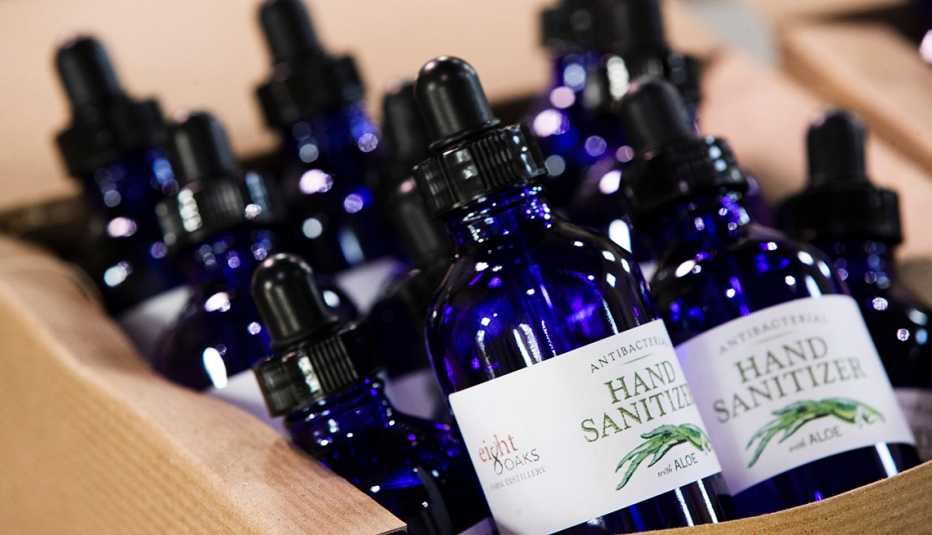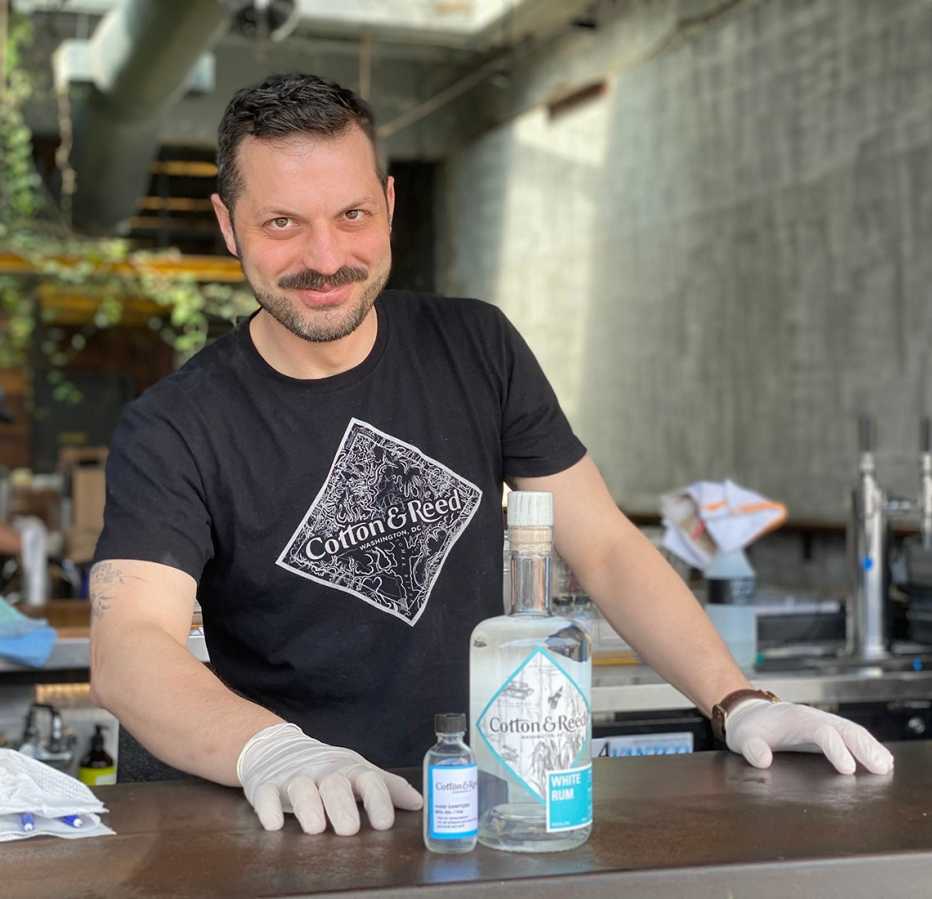Staying Fit


At one time Scott Jendrek might have been fighting coronavirus from a lab.
A biotechnology veteran, he spent much of his career “making vaccines and therapeutics for phase one and phase two clinical trials.” Three years ago, the longtime homebrewer and spirits aficionado followed a dream and opened Patapsco Distilling in Sykesville, Maryland, producing craft bourbon, gin, rye, vodka and exotic spirits such as blood orangecello and black walnut liqueur.


AARP Membership— $12 for your first year when you sign up for Automatic Renewal
Get instant access to members-only products and hundreds of discounts, a free second membership, and a subscription to AARP the Magazine.
Now his customers can sample a new product that's very much in demand: hand sanitizer.
Patapsco is among hundreds of craft distilleries nationwide helping alleviate a shortage of alcohol-based hand cleaner, which has almost disappeared from stores as coronavirus grips the nation.
"When they sent out the memo that you can cut through all the red tape that's usually required to make hand sanitizer, we figured what the heck, let's do our part,” says Jendrek, referring to a move that the federal Alcohol and Tobacco Tax and Trade Bureau (TTB) made last week.
The agency loosened permitting rules on producing hand sanitizer, effectively authorizing distillers to start making the stuff immediately.
'The same bright idea'
Washing your hands remains the best way to combat coronavirus infection, but the federal Centers for Disease Control and Prevention recommends hand sanitizer with at least 60 percent alcohol content as a backup when soap and water aren't immediately available.
Ethanol, the primary ingredient in sanitizers such as Purell, is also the type of alcohol used to make spirits. That has given distillers a new use for production lines slowed because bars, restaurants and their own tasting rooms are shuttered.
"The need for one ethanol product basically coincided with the natural decline, in large part, of the market for our core ethanol products,” says co-owner Jordan Cotton of Cotton & Reed, a rum producer in Washington, D.C. “I think pretty much anybody around the country with a distillery had the same bright idea right at the same time."



































































More From AARP
Overcome Social Isolation This Winter
Tips to stay connected as pandemic persists
4 Tips on Working From Home During the Coronavirus Outbreak
Some companies are using telework to deter the spread of the disease
Coronavirus and Travel: What You Should Know
Many restrictions ease with lower COVID-19 case numbers